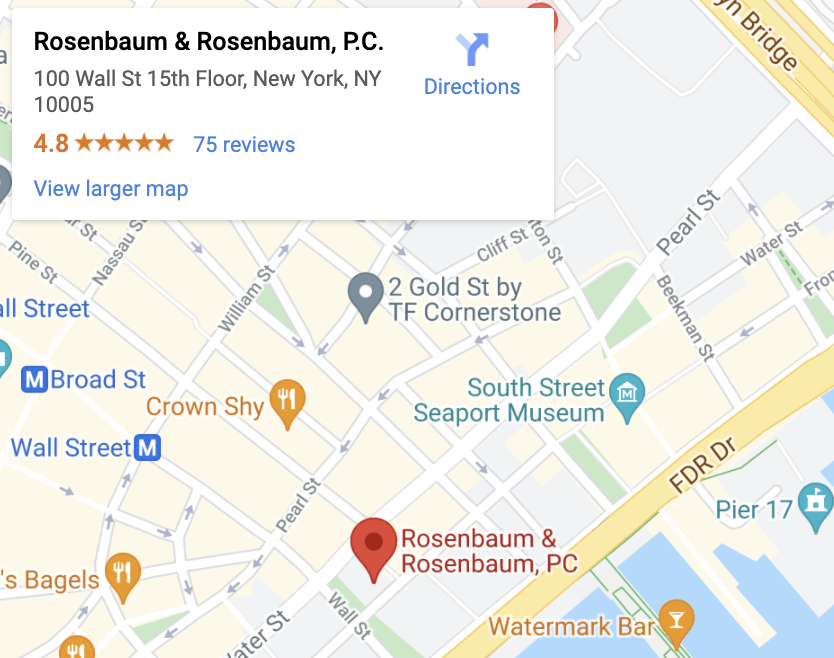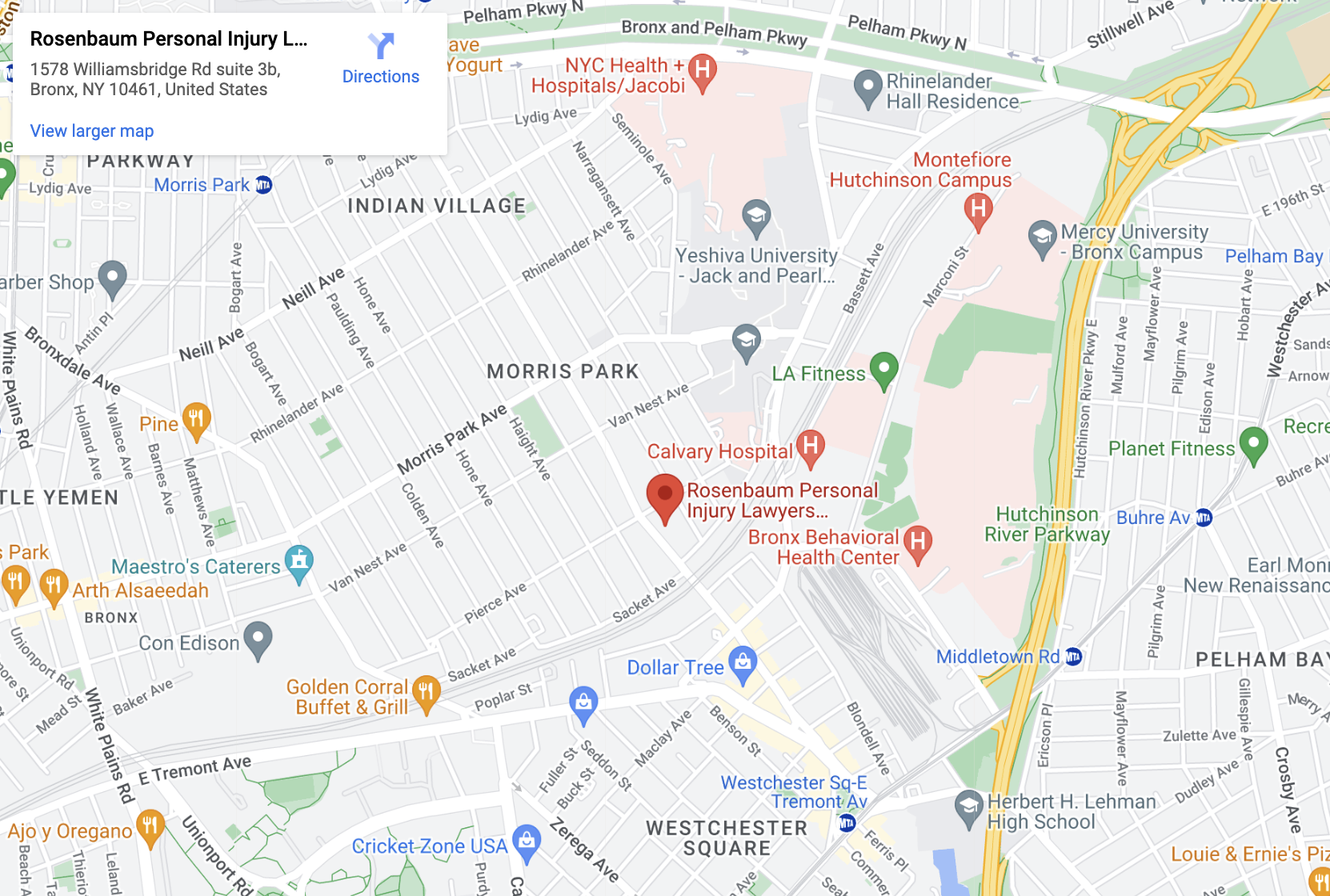Loss of Earnings/Diminished Earning Capacity

Have you lost time from work because of an injury or accident? If another person caused your injury, you could be entitled to compensation for lost wages. If the accident resulted in a permanent impairment, you might also receive compensation for loss of future earnings and diminished earning capacity.
Table of Contents
What Types of Cases Involve Loss of Earnings Damages?
Loss of earnings or diminished earning capacity can take a substantial financial toll when you’re injured, particularly when your medical bills are piling up. If someone else is liable for causing the injuries, you can hold them financially responsible for your damages in a personal injury lawsuit.
Examples of personal injury cases that often result in lost wage claims include but are not limited to:
- Motor vehicle accidents, including crashes involving cars, trucks, bicycles, pedestrians, and motorcycles
- Premises liability claims, including slip and fall accidents
- Construction accidents
- Medical malpractice
- Product liability claims
- Workplace accidents
- Dog bites and animal attacks
The types of damages you receive in a personal injury case include economic damages. Loss of income is included in this category of damages.
How Do You Prove Loss of Earnings After a Personal Injury?
Being out of work due to an injury causes financial hardship. If your ability to work is affected by an injury, you can recover damages for the money you would have received had you been able to work.
However, you must prove that your injuries directly impacted your ability to earn income. An insurance company may dispute your claim. It could request an independent examination by a doctor of its choice to verify that you cannot work due to the injury.
You must also prove the amount of income you would have earned had you been able to work. Evidence that you may need from your employer includes work history, income, and the period of time you missed from work due to the injury. You may also need to provide copies of your tax returns, pay stubs, income statements, and other evidence of past earnings.
When you work for yourself, it could be more challenging to prove loss of earnings. A New York City personal injury lawyer can help you gather evidence to prove your claim for loss of income after an accident.
How Do You Prove Loss of Earning Capacity After a Personal Injury?

In addition to filing claims for past lost wages, you may also be entitled to compensation for loss of future earnings and diminished earning capacity.
A disability or permanent impairment can significantly impact your future income. For example, you may be unable to work at all because of an accident, or you may not be able to earn the same level of income as before the accident.
As with a lost wage claim, you must prove that the disability or impairment caused by the accident prevents you from working. You must also prove the amount of money you would earn if you had not sustained the impairment or disability.
However, the first hurdle is to prove that the person was at-fault for your injury.
How Do You Prove Fault for a Loss of Earnings or Diminished Earning Capacity Claim?
Before receiving any compensation for loss of earnings claims, you must prove that the other party caused your injury.
Generally, you must prove:
- Duty – The party had a legal duty;
- Breach of duty – The party failed to perform the duty;
- Causation – The breach of duty was the reason you were injured; and
- Damages – You sustained damages because of the breach of duty.
Proving liability for your damages is only the first step in proving future loss of income. As with a lost wages claim, you must prove that your injuries prevent you from working. In the case of future loss of earnings, your disability or impairment must be permanent.
How Do You Prove the Amount of Future Loss of Income?
Generally, loss of earning capacity and future wages requires several expert witnesses.
Medical experts will provide testimony regarding your injuries. First, they’ll explain how the injuries caused your permanent impairment or disability. Next, they’ll explain how your condition prevents you from performing work activities.
Economists will testify about the amount of money you would have earned had you continued working.
Factors that economists use to calculate the amount of future lost wages include:
- Your career or job
- Your skills, education, and experience
- Your age and health
- Whether you can perform another type of work
- The anticipated age of your retirement
- The expected rate of inflation
- The anticipated outlook for your career
- Opportunities for advancement and pay increases
Being partially impaired may be a more difficult hurdle to overcome when proving the amount of future lost income. Diminished earning capacity claims require that you prove what you would have earned had you not been injured and what you expect to earn given your impairment.
Calculating the difference requires specialized knowledge of medical and financial matters and work conditions. A New York City personal injury lawyer will work with numerous experts to gather evidence proving how much money your diminished earning claim is worth.
Contact a New York City Personal Injury Lawyer for a Free Consultation
If you were injured by another person’s negligence, you deserve reimbursement for all damages, including loss of earnings and diminished earning capacity. A New York City personal injury attorney will fight to get you the maximum compensation available for your claim.



